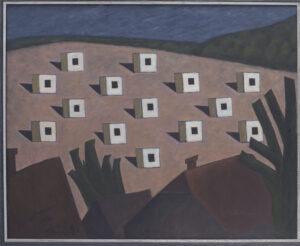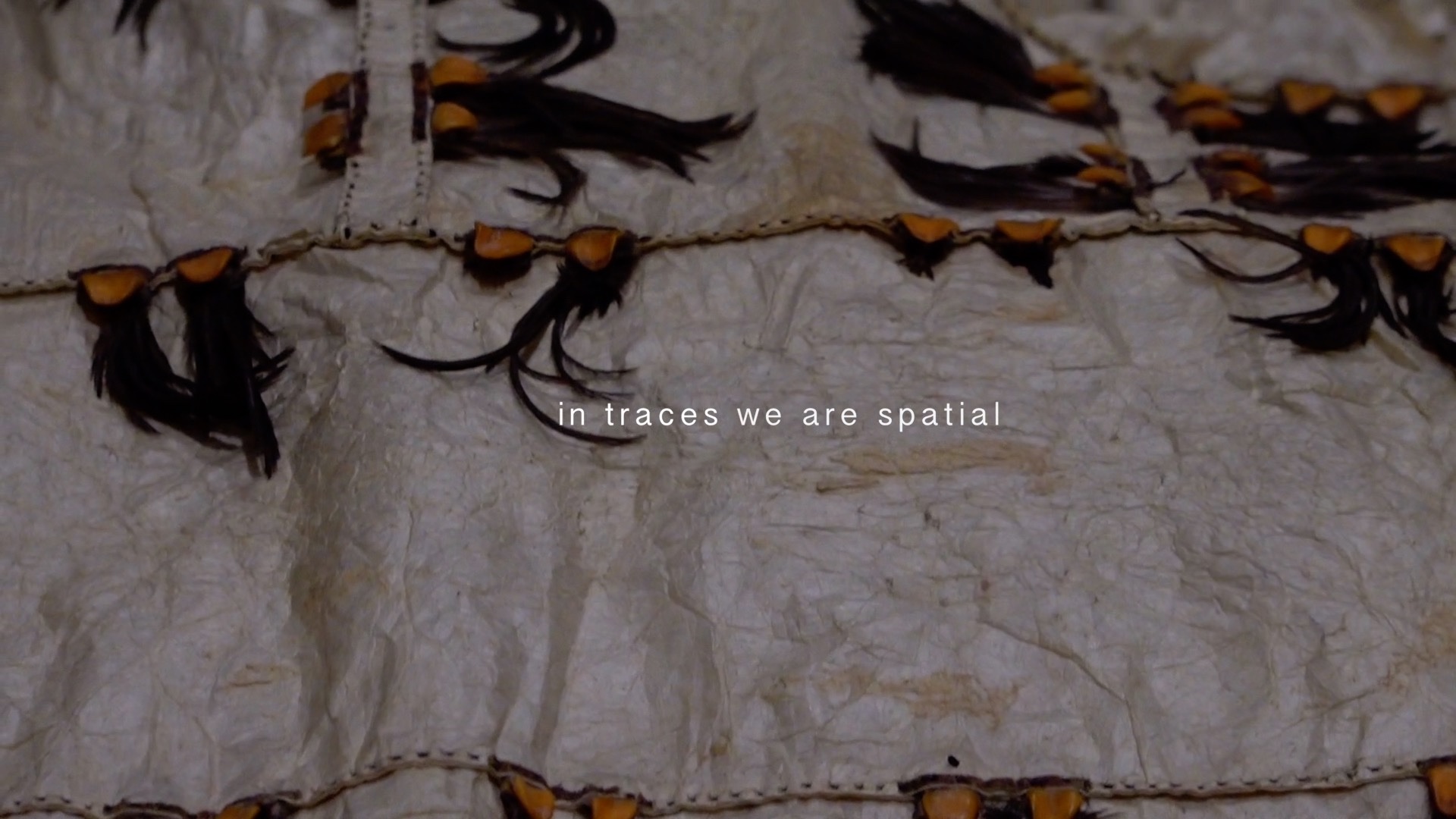Why are the most incredulous arguments against reparations replete with attempts to denigrate those who have suffered the most under colonialism? One explanation might be found in the realm of Object relations, a school of psychoanalytic theory and practice pioneered by Melanie Klein that focuses on the subject’s internal and external relationships to “objects” that “may be a person or a part-object, a real object or a phantasied one.”[1] Klein was particularly interested in psychic mechanisms that arise in the subject to contend with the oscillating feelings of love and hate towards various objects in their lives. In 1955, she first introduced the concept of envy, defined by Klein as “the angry feeling that another person possesses and enjoys something desirable – the envious impulse being to take it away or to spoil it.”[2] While similar concepts, such as jealousy and greed, are often used interchangeably with envy, Klein carefully examines each of these in a psychoanalytic context. She describes greed, for example, as an act of introjection, or taking in of an object, while jealousy is the fear of losing something one already possesses.
Klein’s thoughts on envy were met with resistance by much of the psychoanalytic community; however, there remains immense potential in its use as a critical lens. Robert D. Hinshelwood argues that Kleinian envy is a way of seeing the other that can cause tremendous psychological pain. The envious subject unconsciously acknowledges the goodness of the object in question, recognizes its own dependence upon the good object, and bears witness to its own inadequacies in the reflection of the good object. As he argues, “feeling dependent and diminished are painful experiences, but to feel that in relation with someone who is good, loved and loving, amplifies the pain into an intolerable anguish. And in Klein’s view, it is the most intolerable of all forms of pain.”[3] According to Klein, this kind of anguish can draw out a myriad of psychic defenses against feelings of envy, such as the “devaluation” of the object, or it can lead to projective identification, which is the subject’s unconscious wish to not only consume the good object, but to leave an expelled bad object or part-object in its place. Might Kleinian envy offer a productive way to theorize modern debates about reparations? Could a similar kind of envy be operating within oppositional voices that resist the notion of repair in all its forms? Taking what Eve Sedgwick might call a reparative approach, the specter of Kleinian envy could perhaps be seen as a psychological lacuna hidden within certain settler colonial perspectives.[4] Vehement objections to reparations, especially those that marginalize or diminish the other, might be better understood as a defense against the trauma of envisaging one’s complicity.
Notes
[1] Jean Laplanche and Jean-Bertrand Pontalis, The Language of Psychoanalysis (London: Routledge, 1988), 273.
[2] Melanie Klein, M. [1975]. (1997). Envy and Gratitude, and Other Works, 1946-1963. London: Vintage, 181
[3] Robert D. Hinshelwood and Tomasz Fortuna, Melanie Klein: The Basics (London: Routledge, 2018), 119.
[4] Eve Sedgwick, Touching Feeling: Affect, Pedagogy, Performativity (Durham, NC: Duke University Press, 2003), 123-151
About the author
Shawn Cheatham is an artist and scholar examining the knowledge we possess about ourselves and the world around us established through images, and how these images can be seen as sites of power and subjectification. He is a Professor of Instruction in the School of Art and Art History at the University of South Florida and a PhD Candidate in Media Studies at Western University. He received his BA in Film and Media Studies from the University of Florida. He also holds a Master of Arts in Library and Information Science and Master of Fine Arts from the University of South Florida.





